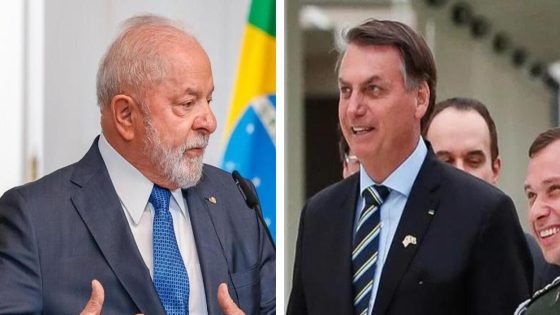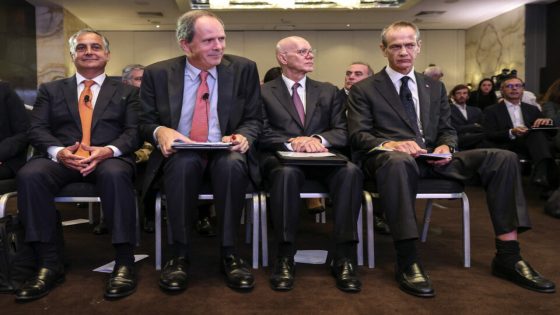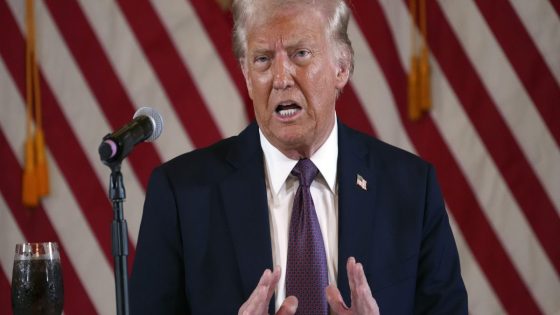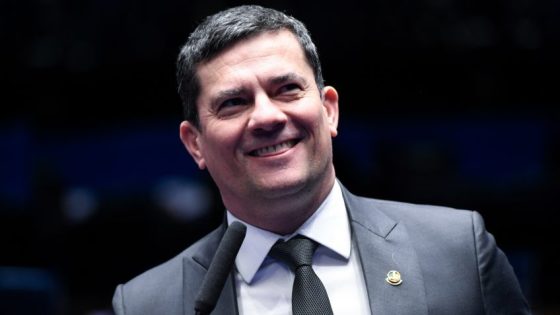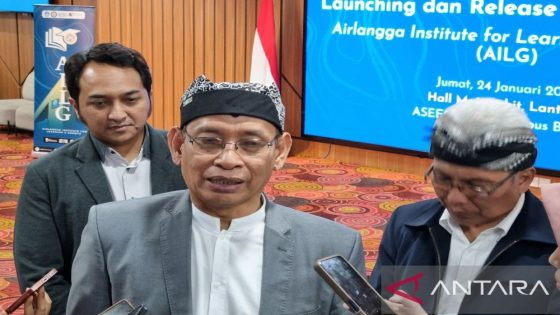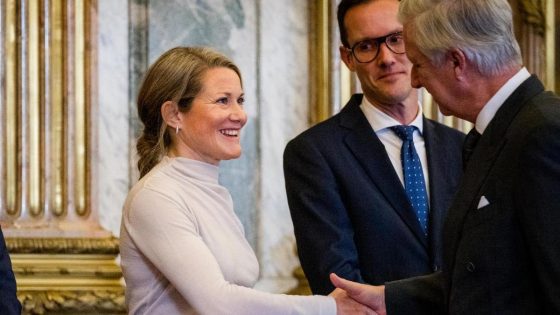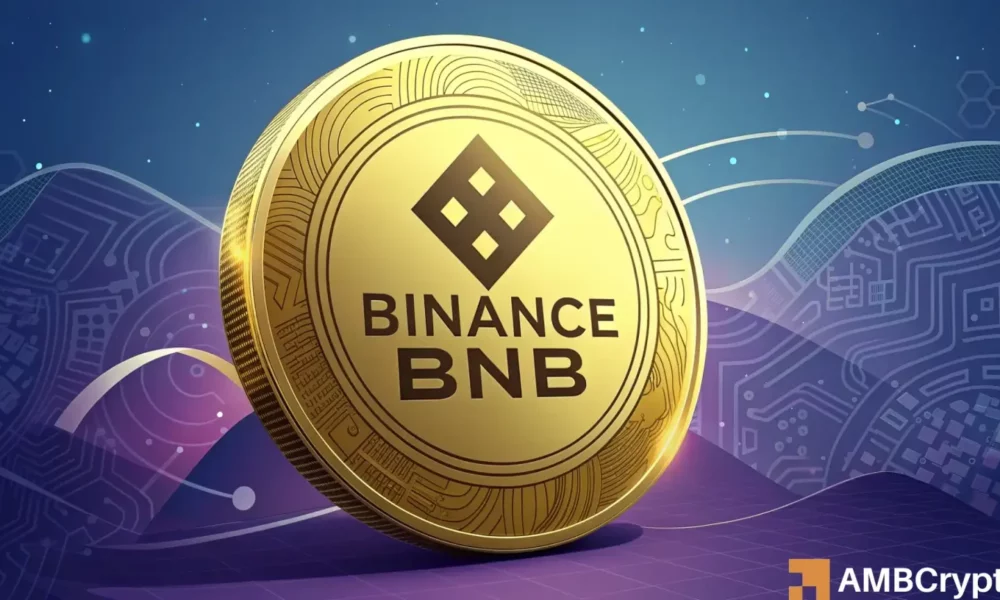On January 31, 2025, President Luiz Inácio Lula da Silva urged members of the PT party to intensify the political polarization with Jair Bolsonaro. Lula’s call comes as his approval ratings have dipped, prompting a strategic shift in his approach to governance and public perception.
- Lula urges party to intensify polarization with Bolsonaro.
- Lula's approval rating drops from 52% to 47%.
- Bolsonaro remains inelegible due to fake news.
- Lula's past approval ratings were historically high.
- Potential candidates for 2026 election are speculated.
- Lula has not confirmed candidacy for 2026.
As Lula navigates challenges, how will this polarization impact Brazil’s political landscape?
Lula’s Strategy to Combat Declining Approval Ratings in Brazil
With Lula’s approval ratings falling from 52% to 47% in January, the president is rallying his party to engage more aggressively with Bolsonaro’s supporters. But what does this mean for Brazil’s political future? By comparing his administration’s early years to Bolsonaro’s, Lula hopes to shift public sentiment in his favor.
Implications of Political Polarization on Brazil’s Future Elections
As Lula prepares for potential re-election in 2026, his strategy to polarize against Bolsonaro could reshape the political landscape. This tactic may energize his base but also risks alienating moderate voters.
Key Factors Influencing Lula’s Political Strategy
Several elements are driving Lula’s call for polarization:
- Declining approval ratings necessitate a bold response.
- Bolsonaro’s past controversies provide a target for criticism.
- Lula’s historical popularity offers a foundation for comparison.
- Potential challengers from the center-right are emerging.
The Role of Social Media in Political Polarization
Social media platforms are crucial in shaping public opinion and political discourse. Lula’s emphasis on online engagement suggests a recognition of this power. By leveraging social media, Lula can reach a wider audience and counteract negative perceptions.
Looking Ahead: What Could This Mean for Voters?
As Lula and Bolsonaro continue their political rivalry, voters may find themselves caught in the crossfire. The heightened polarization could lead to a more engaged electorate, but it may also deepen divisions. How will voters respond to this charged atmosphere?
In conclusion, Lula’s push for polarization may be a calculated move to regain support. As Brazil’s political landscape evolves, the implications of this strategy will be closely watched by both supporters and critics alike.



